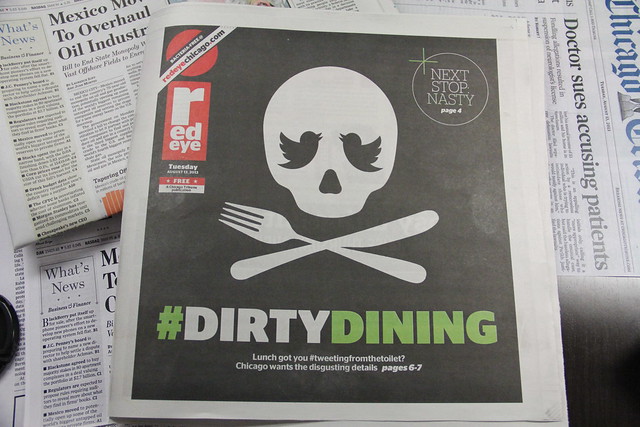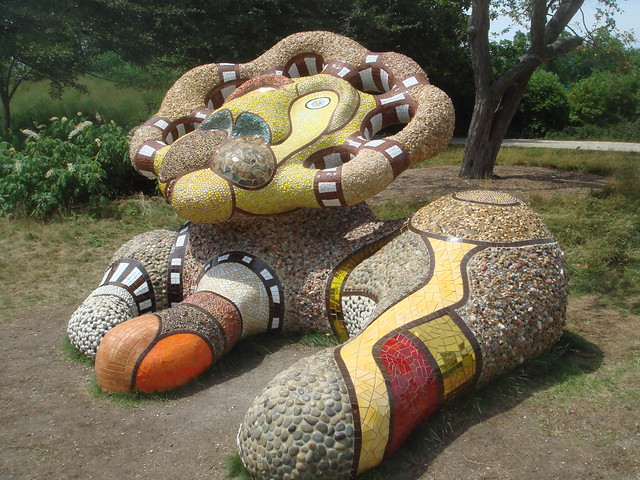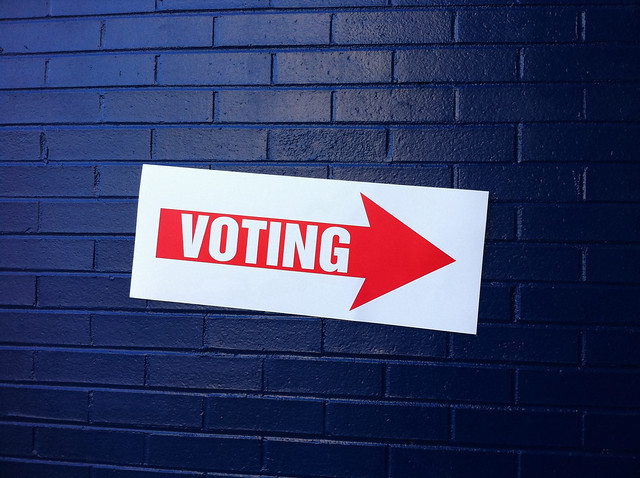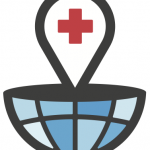It was interesting to see on Twitter a discussion started when Foodborne Chicago was clumped with the Boston’s Streetbump app. I jumped in a bit, but I’m not much of a Twitter convo person, as I use it more to make art (first tweet!) than anything else. So I thought it write a bit about our conceptual models for creating software.
First off, at Smart Chicago we have a software philosophy:
We believe in making the smallest amount of software to be useful to the largest amount of people in connecting residents to their government, their institutions, and each other.
In the longer explication of that philosophy, we have this:
It also means that we acknowledge and use the immense World Wide Web for what it is, rather than what part we own. An example of this is Foodborne Chicago, where, instead of making a new place for people to post messages about food poisoning, we go to the place where people are already talking about it.
I really wish that more developers published their philosophy of software. It helps guide things, and helps us understand that when we make things, we aren’t just publishing code to be forked, but models to be emulated and improved upon.
Flooding the box
One of my favorite conceptual models for software is “flood the box”. Flooding the box for us means making it easier for regular residents to kick off an official process.
Expunge.io floods the box for the long and complicated juvenile records expungement process. Foodborne Chicago floods the box for the process of investigating possible instances of food poisoning.
In each instance, there are many other routes to the “box”. Our goal is to use the smallest amount of software to connect more people to those processes, to those boxes.
If someone chooses to call 311, which they do hundreds of thousands times per year (take a look at the staffing plans, call volume per shift, efficiency rates, and other stats here), they can do that. If they saw something in the paper and it stimulates a service request through the Open 311 system in Foodborne, that works, too. More routes to the box.

Then the CUTGroup comes in. We watch what happens as people use the software we made. We design tests to elicit feedback on what we see are the current flaws in our system, and we talk with people in public libraries and computer centers all over the city.
Then we look honestly and directly at the results. We use qualitative & quantitative data and we make changes to our software in order to increase our effectiveness at direct connections between people who need help and the people who can help them.
Moar
In the context of our Knight Foundation deep dive project, we are working on new models for working directly with real residents, wherever they are, to find new boxes, and new floods. Always open.
Here’s analysis from our Foodborne Chicago CUTGroup test. It includes 74 pages of raw data and the complete text of every response from all 17 testers. As an aside, 71% of our 840 CUTGroup testers— drawn from every ward in the city— answered “yes” to the question, “have you ever called 311?”.
Sometimes its the simplest things. And always we find value in the process. When coupled with our software philosophy and sound conceptual models, it leads to work with integrity. More to come!



 The
The 